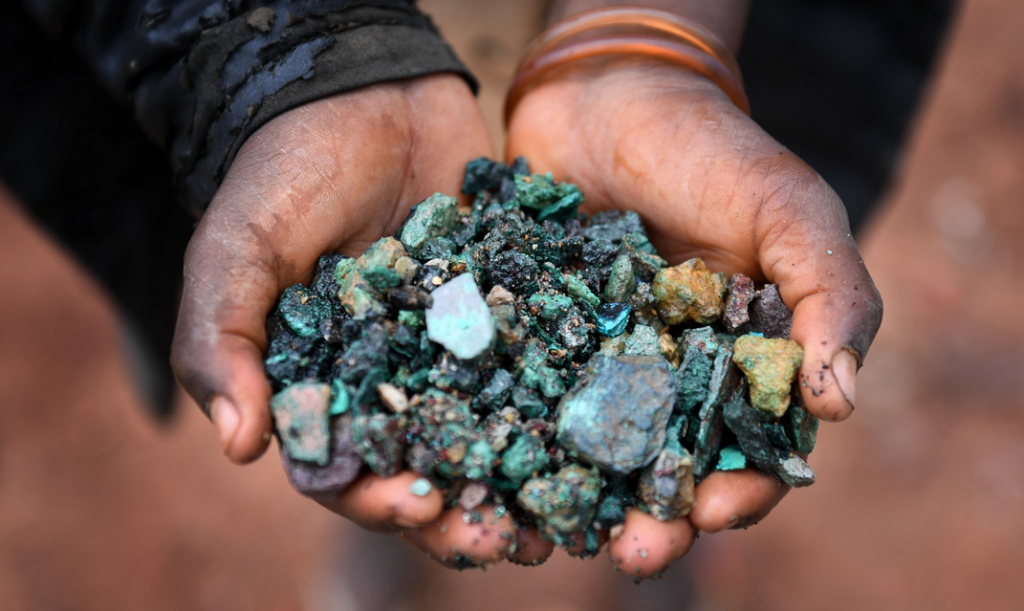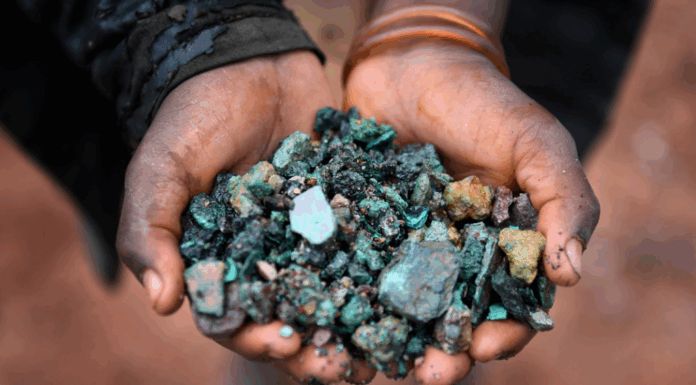
Glencore has halted some cobalt shipments from the Democratic Republic of Congo (DRC) following the government’s suspension of cobalt exports, according to three sources familiar with the matter. The mining company declared force majeure on certain delivery contracts shortly after the four-month ban was implemented in February, Reuters has reported.
The DRC, which accounts for the majority of the world’s cobalt output, introduced the export ban earlier this year in an effort to stabilize falling prices and recover lost tax revenue. The decision marked a significant intervention in the global cobalt market, which had been grappling with a supply glut that saw prices plummet to their lowest level in nine years.
Congo’s Move to Stabilize Cobalt Prices
The export ban came amid growing concerns within the Congolese government about oversupply and underperforming revenues. Cobalt prices had declined to about $10 per pound, or $22,000 per ton, by February, due in part to lower-than-expected demand for electric vehicles and increased production from Chinese-owned mining operations, particularly those run by CMOC Group.
As of 2024, Congo produced approximately 220,000 metric tons of cobalt, representing 78% of global supply. The country’s decision to halt all exports of the mineral through June 22 was intended to restrict supply and encourage a price rebound.
Cobalt, mostly extracted as a byproduct of copper mining in the DRC, plays a critical role in battery production for electric vehicles and mobile devices. It is also used in metal form in the aerospace and defense sectors. The bulk of Congo’s cobalt is exported in the form of hydroxide, which is processed abroad for use in battery chemicals.
Glencore’s Response and Partial Force Majeure Declaration
In reaction to the export suspension, Glencore declared force majeure on some of its cobalt supply contracts. This legal provision allows a company to suspend contractual obligations when circumstances beyond its control—such as government actions—prevent fulfillment of those contracts.
According to sources, the declaration affects only certain agreements related to cobalt produced at Glencore’s Congolese sites. Glencore mined 35,100 metric tons of cobalt in the DRC in 2024, making it the second-largest cobalt producer globally.
Despite the force majeure declaration, Glencore has maintained that all customers are currently receiving cobalt in line with their contractual terms. A spokesperson for the company responded to inquiries by stating that deliveries were proceeding as stipulated, though sources indicated that not all contracts are being fulfilled.
Market Reactions and Price Recovery
The market has reacted to the Congolese export ban and subsequent supply disruptions. Alongside Glencore’s announcement, a separate force majeure declaration in March by Eurasian Resources Group also contributed to tightening global cobalt availability. Together, these developments have played a role in reversing the earlier price collapse.
Cobalt prices have since risen by about 35%, reaching $15.80 per pound or $34,832 per ton as of Wednesday. While the market appears to have partially stabilized, questions remain over the sustainability of the recovery and the possibility of further government intervention.
Uncertainty Surrounds Next Steps in Congo
As the June 22 deadline for the end of the export suspension approaches, the Congolese government has not indicated whether it plans to extend the ban or introduce new measures such as export quotas. The lack of clarity is contributing to uncertainty among producers, traders, and end-users who rely on a stable cobalt supply chain.
The DRC’s approach to managing its vast mineral resources has increasingly involved direct intervention, as it seeks to assert greater control over its role in the global battery supply chain. Cobalt is one of the country’s most important exports, and its pricing and availability have significant implications for industries ranging from electric vehicles to consumer electronics.
Global Supply Chain Impact
The force majeure declaration by Glencore underscores the vulnerability of global cobalt supply chains to regulatory and geopolitical developments in the DRC. While some customers continue to receive shipments, others face delays or potential renegotiations, depending on the terms of their contracts and the scope of the force majeure clauses.
Given the central role of Congolese cobalt in the production of lithium-ion batteries, the supply disruptions could also affect downstream manufacturers and, potentially, consumer prices for electric vehicles and related technologies.
For now, the industry awaits further guidance from the Congolese authorities on whether the export ban will end as scheduled or be replaced by a new regulatory framework. Until then, cobalt producers and buyers alike are operating in an environment of heightened uncertainty, with market dynamics subject to rapid change depending on decisions made in Kinshasa.
The above references an opinion and is for information purposes only. It is not intended to be investment advice. Seek a licensed professional for investment advice. The author is not an insider or shareholder of any of the companies mentioned above.
The post Glencore (LON:GLEN) Declares Force Majeure on Cobalt Deliveries Amid Ongoing Congo Export Ban appeared first on MiningFeeds.






